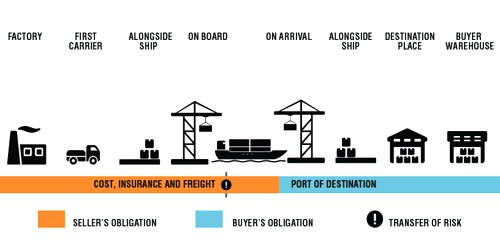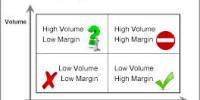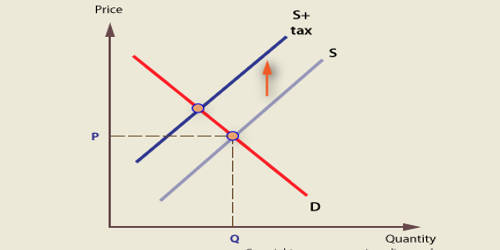Profit is the primary indicator of a company’s success. Profits do not usually happen by themselves. Profits are controlled. As a result, the firm’s profitability is entirely dependent on how well management executes proper planning, effective coordination, and dynamic control. This necessitates that management plan for the firm’s future financial and physical requirements in order to maintain productivity and profitability. This is commonly referred to as ‘budgeting.’
Budgeting is the process of making a plan for how you will spend your money. It is a planning and control tool. A budget is a name given to this spending plan. Making this spending plan allows you to know ahead of time whether you will have enough money to do the things you need or want to do.
A budget is an estimation of revenue and expenses over a specified future period of time and is utilized by governments, businesses, and individuals.
Setting short-term objectives, specifying programs, and expressing them in budgets are all steps in the budgeting process. Budgeting encompasses the firm’s sales, production, distribution, and financial aspects. Budgeting is essential for managing monthly expenses, preparing for life’s unexpected events, and being able to afford big-ticket items without going into debt. Keeping track of how much you earn and spend does not have to be a chore, does not require you to be a math genius, and does not preclude you from purchasing the things you desire. It simply means that you’ll know where your money is going and will have more control over your finances.

A budget is a comprehensive and coordinated plan, expressed in financial terms, for the firm’s operations and resources for some future period. Budget programs are intended to perform a variety of functions, including planning activities, implementing plans, communicating, motivating, and authorizing actions.
Budgeting allows you to feel more in control of your finances. Making a budget provides you with a clear picture of your income and expenses. It can assist you in spending less and saving more in order to meet your financial objectives. Budgeting and money management tips:
- Set money goals to help you to decide where you want your money to go.
- Get a clear picture of your regular expenses, including when they’re due, and your spending habits.
- See where you can save, and start saving — no amount is too small.
- Try to set aside money for emergencies.
- If you need help managing your money, contact a financial counsellor.
- If you’re in crisis or struggling to make ends meet, see urgent help with money.
A budget is a written future plan. A firm’s total budget is commonly referred to as the master budget. As a result, a budget is a numerical plan of action that must be prepared prior to the start of operations, stating what and how things are to be done. It covers a specific time period, usually one year. The budget is essentially a forecasted financial statement that expresses managerial plans for all phases of operations, including sales, production, purchasing, manpower, and financing.
A portion of your budget should be set aside for retirement savings and debt repayment. Debt is typically more important to pay off because it frees up money in your budget that can be allocated elsewhere, such as savings. Set a realistic saving goal and celebrate milestones along the way to encourage commitment.
















